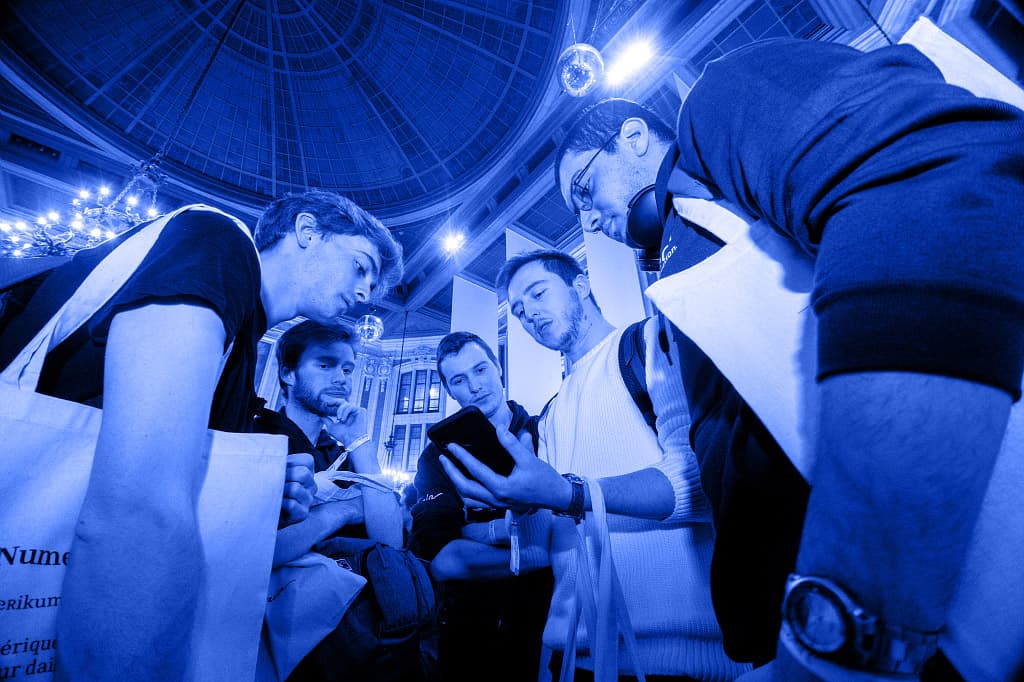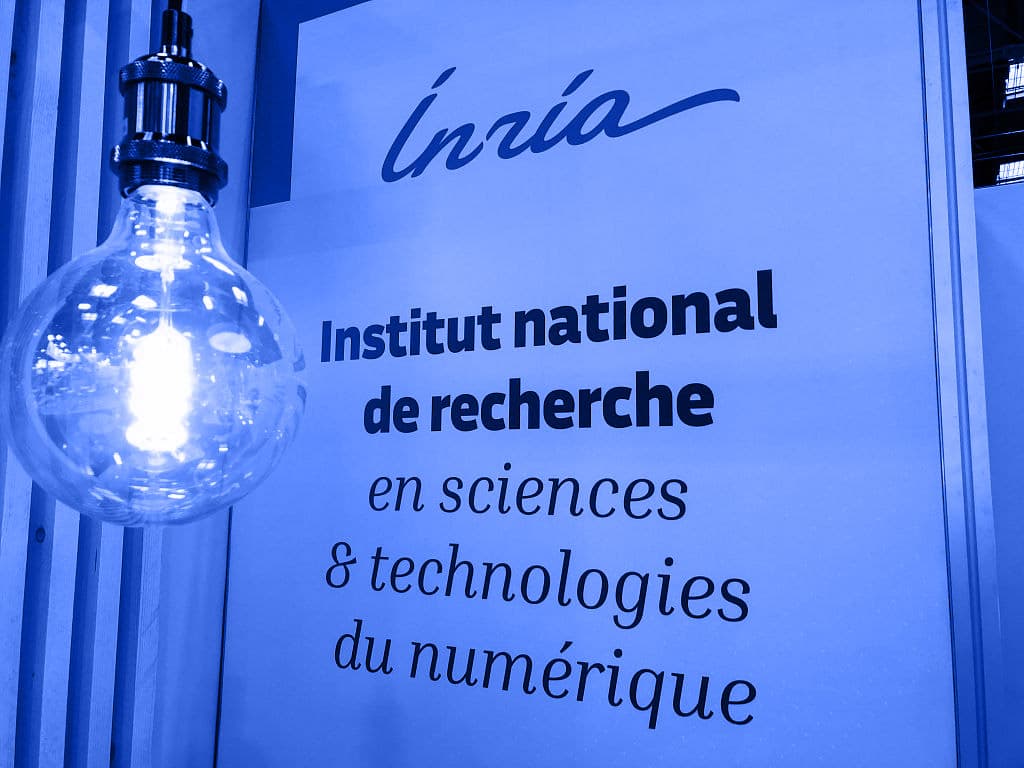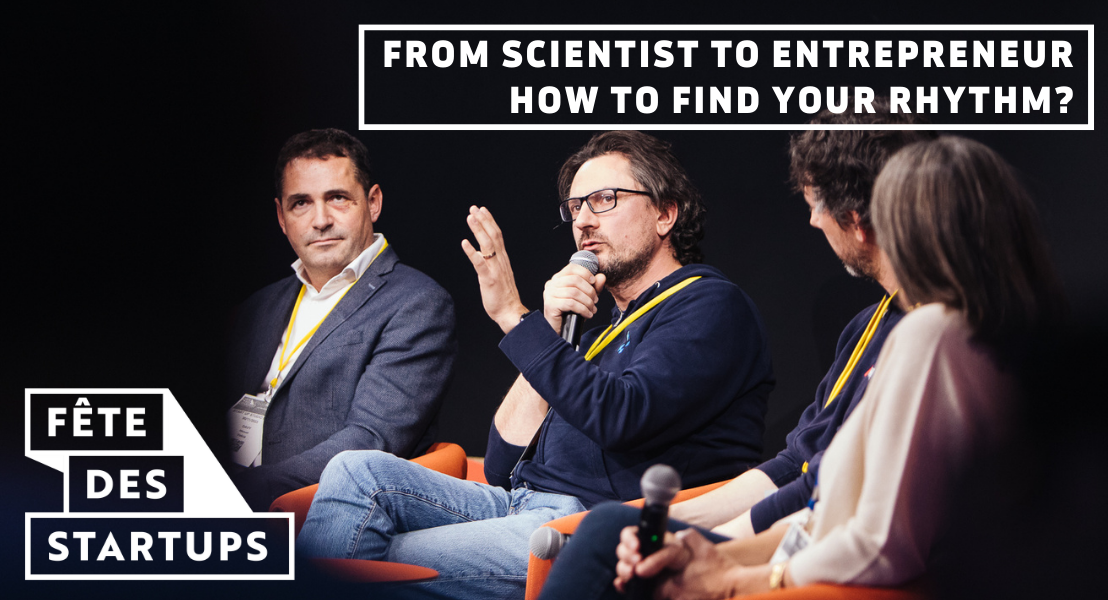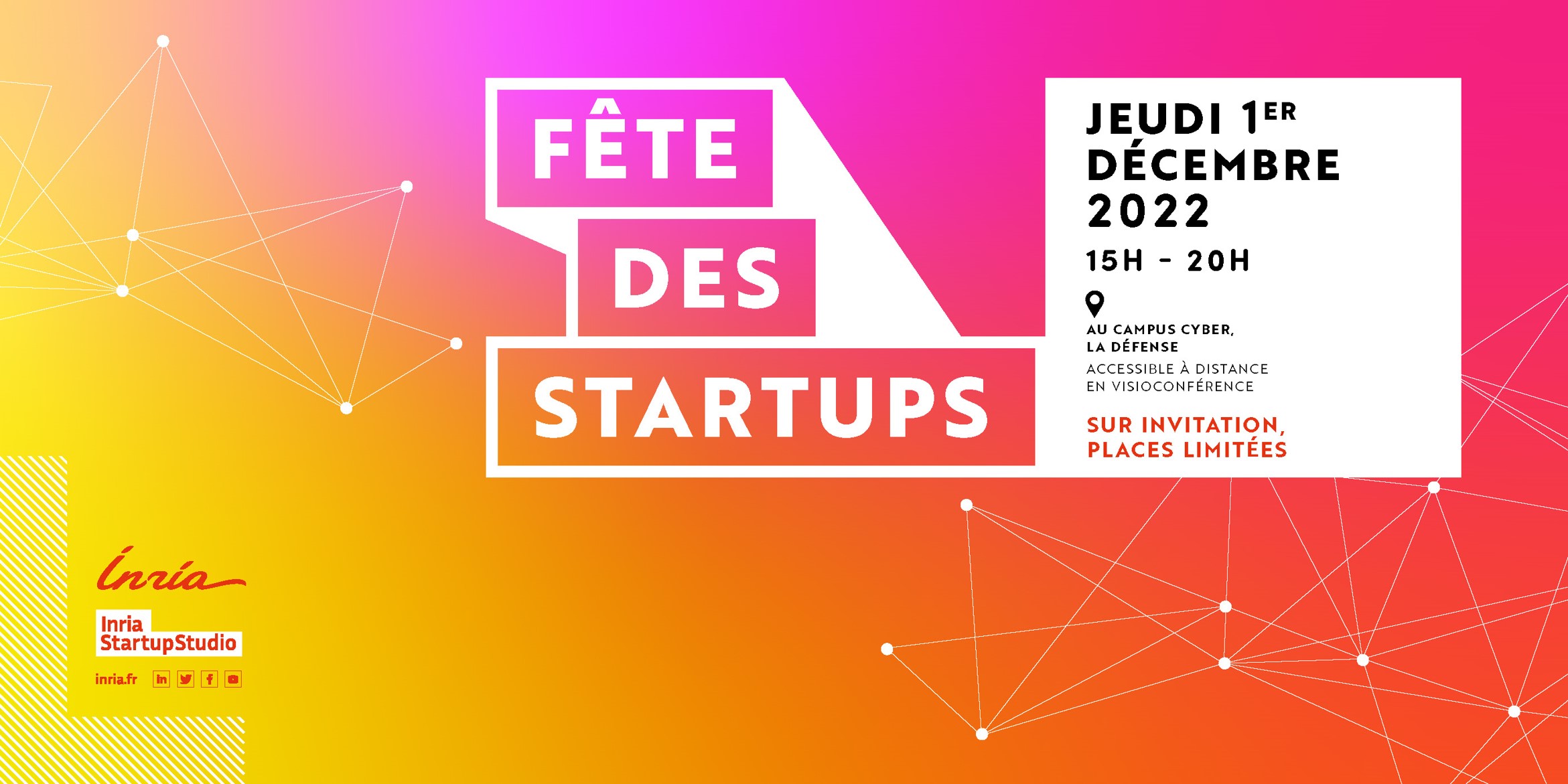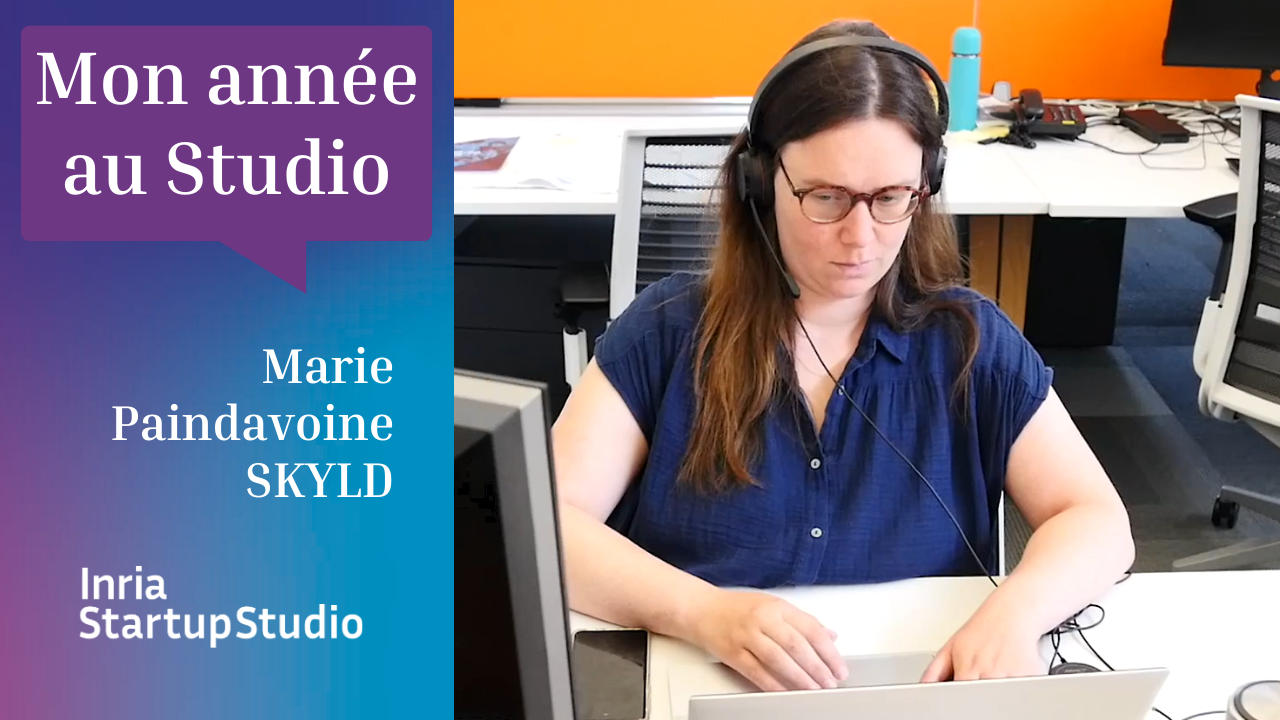
Deeptech: the scientist is necessarily the first entrepreneur
Clichés forget the essential: entrepreneurship, like science, is above all a matter of desire. The one that allows you to get out of balance, to embark on difficult paths and to guide the search for the path in the unknown.
This article was published on Maddyness on August 4, 2023: As part of the “Summer Tribune” operation, organized by the editorial staff of Maddyness, we have approached those who open a window on the future of companies and society. This tribune is proposed by Sophie Pellat, Co-Head of the Inria Startup Studio.
From a marginal topic flooded with clichés…
Fifteen years ago, my job was already to support computer scientists with the creation of their startups, what we now call digital deeptech startups.
In social circles, when I had to explain it, the feedback was polite – “it must be interesting”, and dubious – “the researchers, they should find first, but as for doing business… “. I rarely went so far as to say that we had set up an ad hoc venture fund.
The vision of French scientists was then still close to that of the time of my studies: an identification of the person with his academic career, a label placed early on who identifies himself as an engineer/scientist or business person. In France, the word “entrepreneur” was timidly leaving the sphere of construction sites, despite the internet bubble and the word deeptech would be invented 10 years later.
Yet deeptech and its achievements were indeed in our culture – the Concorde, the TGV, the Minitel, but it was the State that carried its development, not scientific entrepreneurs. Forgotten Henri Fayol, founder of management science as much as Frédéric Taylor, an engineer then manager and developer of Mines de Commentry. Forgotten Blaise Pascal, mathematician, philosopher and entrepreneur, founder in 1662 of the “Carrosses à cinq sols”, the first line of urban public transport in the world, ancestor of the Parisian buses. Scientists and entrepreneurs ……
… to a hope of economic renewal …
Since then, this view has changed. Because of the birth of American tech companies such as Google, Apple, Amazon that became Nasdaq leaders in a few years, the induced transformation of our daily life and the media coverage of their tech entrepreneurs. A generation of digital entrepreneurs trained in technology has also developed in France, in different fields and most recently in AI, and high-growth companies have emerged from it. The state greatly encourages and supports this through its deeptech plan hoping for economic renewal through disruptive innovation.
When a cliché fades away, another is born: on my job, I now hear – “great job!”, followed by “are you looking for a business person to develop the company?”. Well, no, not at the beginning, the scientist is the entrepreneur at first and moreover, only she can be.
In digital sciences, research results are algorithms, code, and hardware that are still unfinished and that only their designers understand. However, they are the expression of a new possibility, opened up by the work of researchers – ahead of the market, with still confused contours, the first step towards what one day could become a commercial product.
For this, there are still two strong creative acts to be carried out – designing the product, founding the startup, the vector of access to the market, and its ambition. And it is indeed about creation, because nothing is deduced mechanically, because with the same technology several products, fields of activity and trajectories of startups are possible.
The way to do them: openness, development of the product according to identified needs, creation of ad hoc code and therefore evolution of the technology, among many other things. The designer of the technology is at the heart of this exploration because only she or he knows how to use it, knows its possibilities and its limits and can talk about it convincingly. And above all she or he alone wants it intensely.
This is how dozens of digital deeptech startups have developed since the pioneering Ilog in 1987. Little known to the general public, they often joined larger companies after a few years, thus fertilizing the revival of the latter.
… and to bet, beyond science, on people and their desires
Clichés forget the essential: entrepreneurship, like science, is above all a matter of desire. The one that allows you to get out of balance, to embark on difficult paths and to guide the search for the path in the unknown. To also accept to open up to new disciplines. Then everything is learned – marketing concepts are simpler than those of graph theory!
So yes, we are at the time of the “and” which erases the labels: scientist and entrepreneur, explorer of the first time and perhaps even of the next. The strength necessary for creation is indeed that of a team mastering its technology, driven by an entrepreneurial desire that will also lead it to open up to others in order to be able to build.
No typical profile, just people with a wealth of skills, intensely involved in their project and who believe in their future. We then have to trust them and create an environment that supports them. And that’s my job today.
Publication date: 20/09/2023
Want to get started ?
